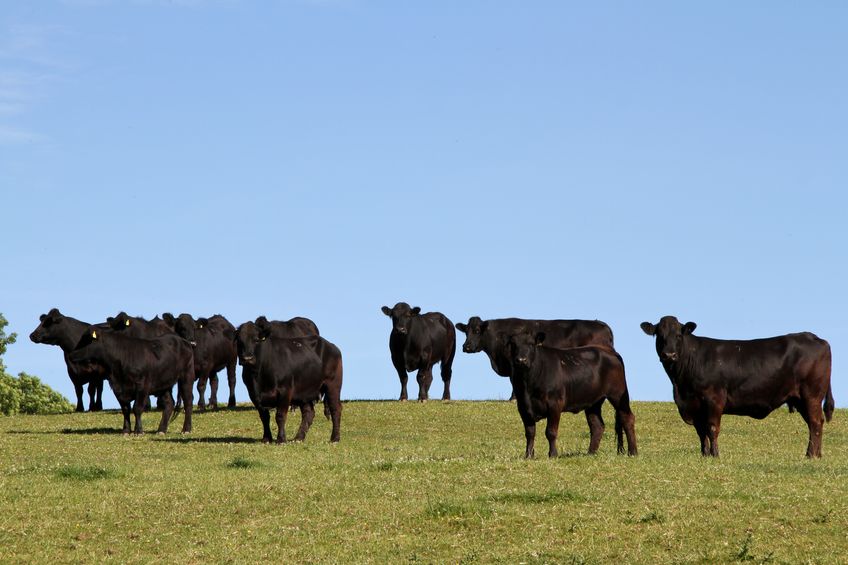Government urged to block high carbon food imports

Britain cannot risk importing food with a higher carbon footprint than food which has been produced in the UK, a new report says.
Released by the Committee on Climate Change (CCC), it says British farming produces some of the most sustainable food in the world and that emissions from UK beef is half that of the global average.
Land Use: Policies for a Net Zero UK presents a detailed range of options to drive emissions reductions in England, Scotland, Wales and Northern Ireland.
It is published at a time of significant change, as the UK leaves the European Union and the Common Agricultural Policy.
In Westminster, new Agriculture and Environment Bills are being introduced this month, and similar legislation is planned in Scotland and Wales.
The report, released today (23 January), states that in 2017, land use – including agriculture, forestry and peatland – accounted for 12% of total UK greenhouse gas emissions.
By 2050, with the right support, farmers and land-managers can reduce these emissions by almost two thirds.
However, the report warns that achieving emissions reduction should not be at the expense of producing less food in the UK and increasing imports.
The report says: “As the UK is a relatively low-greenhouse gas producer of ruminant meat, this risks exporting emissions abroad and increasing consumption emissions.
“Our analysis prioritises food demands from land; current per capita food production is maintained in 2050.”
The committee goes on to say that the UK must increase forestry cover from 13 percent to 17 percent by 2050.
Low-carbon farming practices should also be encouraged – such as ‘controlled-release’ fertilisers, improving livestock health and slurry acidification.
But it also recommended the British public to slash the consumption of beef, lamb and dairy by at least 20% per person - 'well within current healthy eating guidelines'.
This is despite government figures showing that agriculture as a whole contributes 10% to the UK’s GHG emissions.
This compares to transport which contributes 27% and energy which contributes 24%.
NFU President Minette Batters responded to the report, saying that plant-based products 'do not always necessarily have a lower impact on the environment'.
“It all depends on where and how the ingredients have been produced, the environmental pressures involved in its production, the environmental management associated with that country’s agricultural system and the resources available, as well as how far the product has travelled,” she explained.
“65% of British land is only suitable for grazing livestock and we have the right climate to produce high quality red meat and dairy.
“Therefore it makes sense that, when talking about environmental impact, as the report suggests, the public continues to support British livestock production.”
The NFU believes the UK should be aiming for a 50% waste reduction throughout the whole food supply chain, which would also relieve pressure on people to make dietary changes.
Mrs Batters added: “I believe British farmers are part of the solution. We want to be the model for climate-friendly food production around the world – food production that continues to include nutritious beef, lamb and dairy products for the world to enjoy as part of a healthy, balanced diet.”








